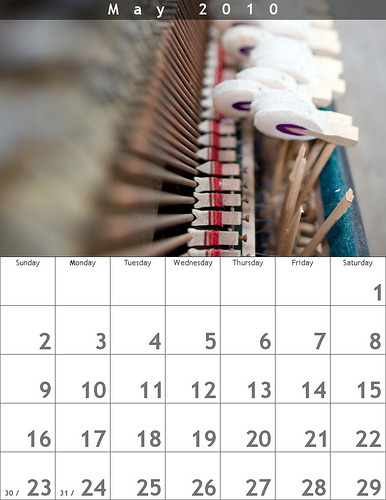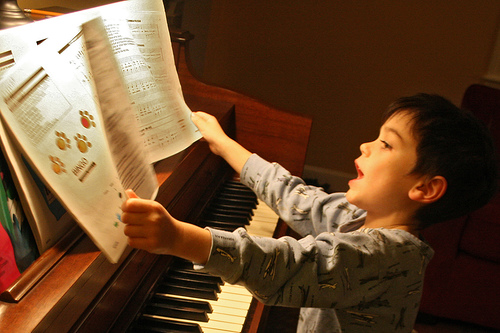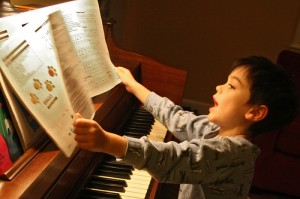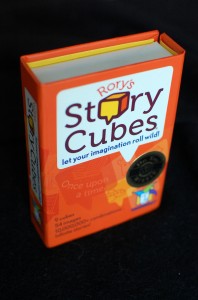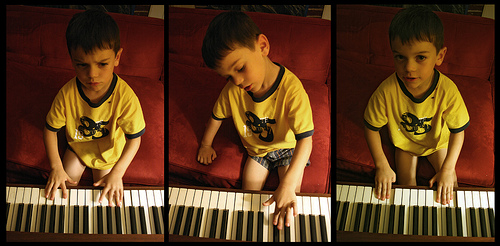 Greetings! Today I have two important announcements:
Greetings! Today I have two important announcements:
- I have finished all the requirements for my Master’s degree! HOORAY! =D
- Today we have a new GIVEAWAY! Here are the details:
Andrea & Trevor Dow from yesterday’s interview have kindly agreed to sponsor a giveaway of Episode 1 of The Adventures of Fearless Fortissimo! This pdf is a $19.95 value and contains Early Elementary, Elementary, and Intermediate Level versions of the pieces, accompanied by a three page comic. Once you’ve purchased the pdf, you are free to print off as many copies as needed for use with your students! Read more about The Adventures of Fearless Fortissimo piano music for boys by clicking here.
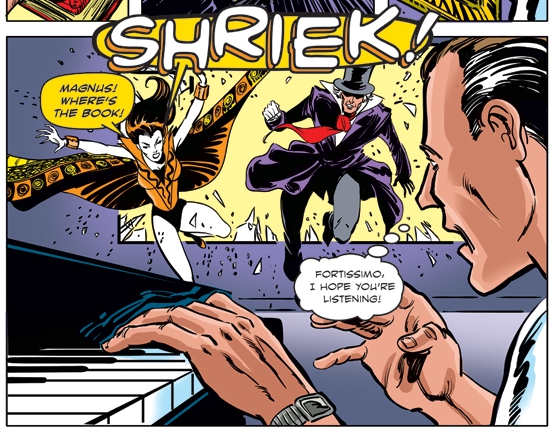
To enter to win, leave a comment on this post!
- Ask Andrea & Trevor a question you still have after reading yesterday’s interview.
- Tell us about how you would use The Adventures of Fearless Fortissimo in your studio!
- Or, share any tips you have about keeping boy students motivated in their piano studies.
You may earn one additional entry in the giveaway by sharing the link to this giveaway on your blog or on your facebook page. Be sure to leave an additional comment on this post to let me know you’ve done this, so that you get your extra entry.
The winner will be chosen via random number generator. Enter before Thursday, May 19, 2011 @ midnight for your chance to win!




